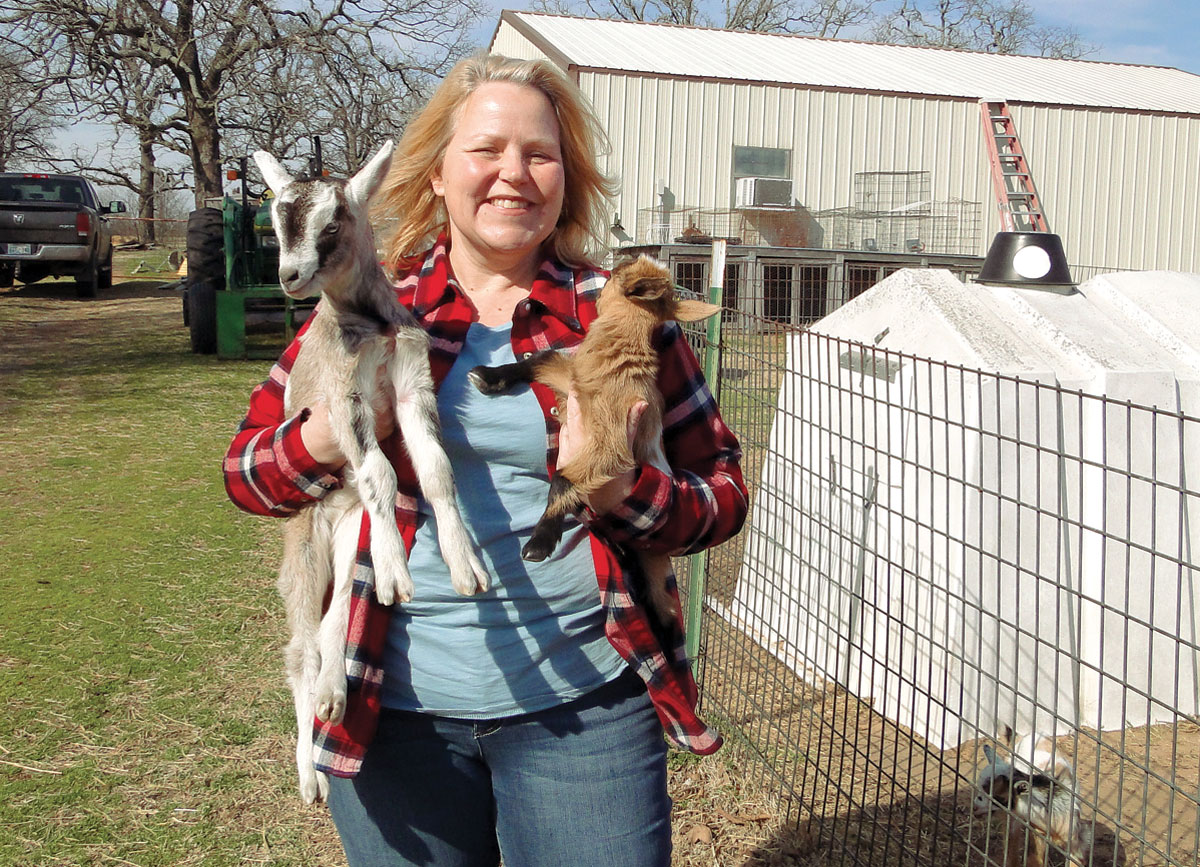
A close look at Robert Stobaugh’s family tree will find farmers in every direction.
Robert himself can point to five generations who have farmed, while the last four generations have farmed the same piece of land.
In fact, Robert said he was recently going through a genealogical report about his ancestors and found a reference that “all the Stobaughs farmed.”
In those early days, of course, it was primarily “subsistence farming,” Robert said, and that has obviously changed in recent decades, as has the size of the family’s farming operation.
Like many family farming operations, it began with an estimated 20 to 40 acres that Robert’s grandfather, Will Stobaugh, farmed with a mule. Robert’s father, Audy, joined Will in the operation and the farm continued to grow.
Today, Stobaugh Brothers Farms covers some 5,700 acres in Pope and Conway counties. The farm is operated by Robert, his brother, Bart, and his nephew, Barry. At one time, however, all four of Audy’s sons — Robert, Bart, Bruce and Audy, Jr. — were farming with him.
“I can remember Dad saying how he had four sons and, 'I never thought they would all go into farming,'” Robert said.
For the three Stobaughs still farming, the decision to pursue that life came easily.
“We’ve really been students of agriculture our whole lives,” he said.
All three obtained agriculture business degrees from Arkansas Tech University in Russellville, Ark. And all three, Robert recalled, “would take jobs off the farm in the winter when we were growing up. But we never found anything that we liked as much as farming.”
Then, in 1998, they added a shop building for maintenance and repairs of equipment and began working all year around on the farm.
“We hadn’t really thought about anything else besides farming,” Robert said. “The groundwork had already been laid for us.”
That groundwork began decades ago when Robert’s father joined his own father in farming. Robert said his father’s first crop on his own was in 1953 and Audy was involved directly in the farming operation until 1983, when he sold his share to his sons.
“There is just such a history between our family and the land,” he said. “And working on a farm that has been in your family for so long is different. You can’t replace that history. And there is what I call institutional knowledge about that land that you have as a farmer. You know this particular piece of land can do this or can do that, so you know how to handle that,” he said.
“If you just went out and bought some land and began farming it, you wouldn’t have that same knowledge.”
Now the farming operation includes soybeans, milo, rice and wheat, with about 3,800 acres devoted to soybeans.
During all those years, the Stobaughs have seen their share of challenges, of course. And this year has been no exception. Some of their fields, like many others in Arkansas, were under water for as long as 12 weeks because of spring flooding.
Rain has continued to fall this summer and Robert said some soybean fields have been replanted and even “three-planted” by now.
“There is nothing more agonizing for a farmer than to have to do something over,” he said.
Row crops farmers like the Stobaughs know all about the high grain prices that have been making the news, but those crops have not been delivered yet so those prices “are like having a carrot dangled in front of you.”
And while those high prices may sound attractive to Robert, he knows other farmers with different operations, such as livestock producers who must buy more expensive feed, are hurting.
“Farming is a cyclical business and it would be very hard for everybody to do very well all at the same time,” he said. “The law of supply and demand just does not allow that to happen. And it’s not always easy to talk with people about that.”
He said during the last eight to 10 years, “farming row crops has been pretty darn tough.” Livestock producers, on the other hand, “have had a pretty good run because of low commodities prices,” he said.
“When I look at my costs, the weather and other factors,” the current prices “are not outrageous.”
Robert is also involved in the area of biodiesel fuels. He has served on the National Biodiesel Board since 2002. That board promotes the production and use renewable fuels for diesel engines from natural oils like soybean oils.
“If I can grow a crop on my farm that I can burn to grow another crop, that makes sense to me,” he said.
That concept, he said, takes him full circle to his grandfather’s days, when part of a crop was fed to his mules, to help make another crop.
“Even though there has been a massive change in how farming is done, that idea has remained the same.”







